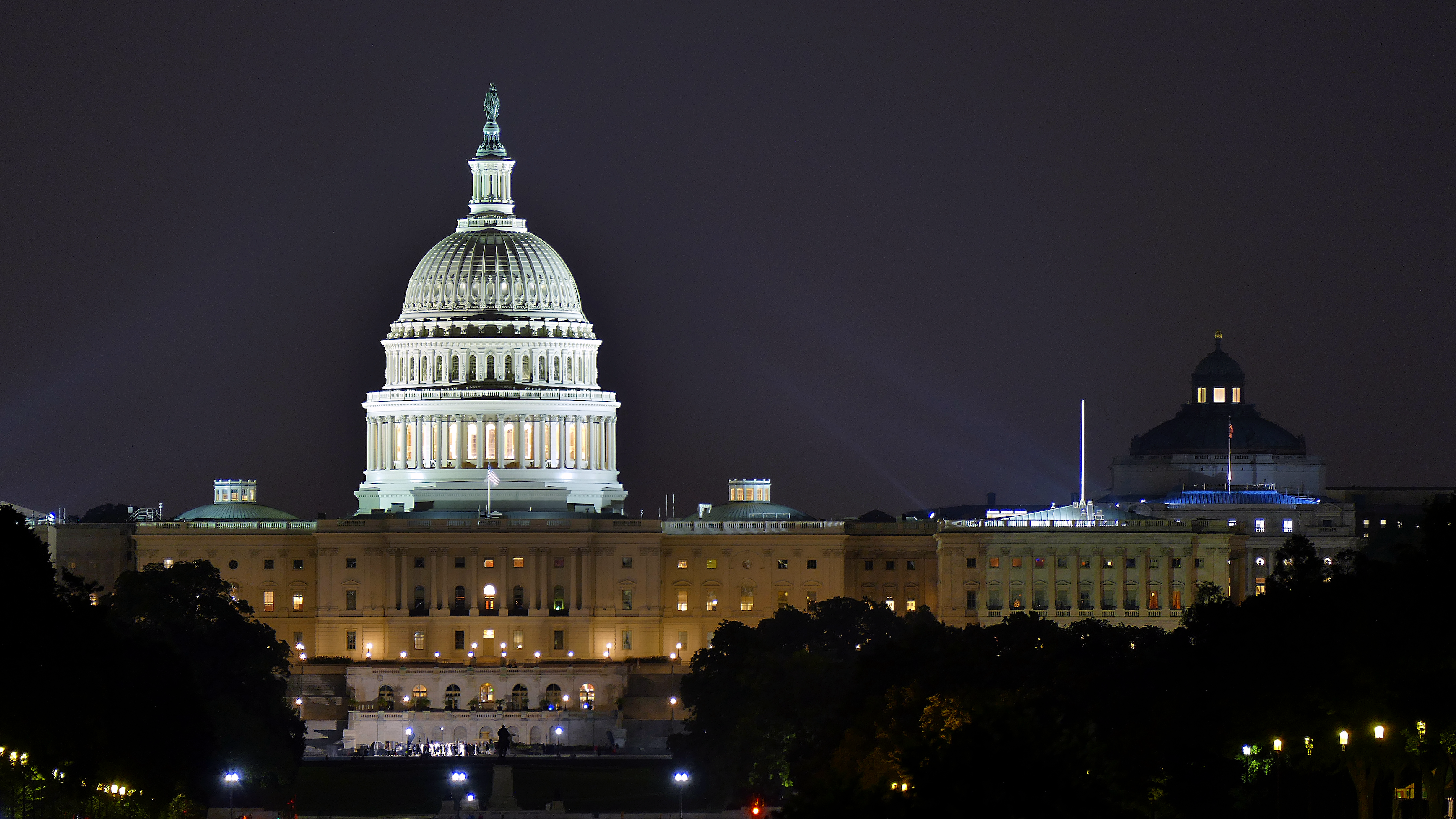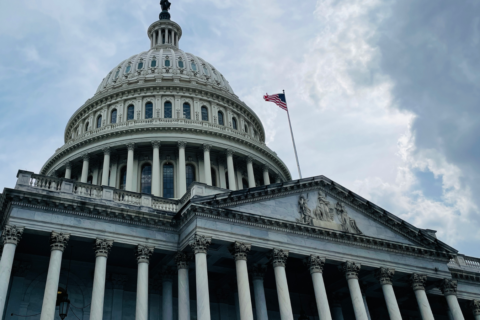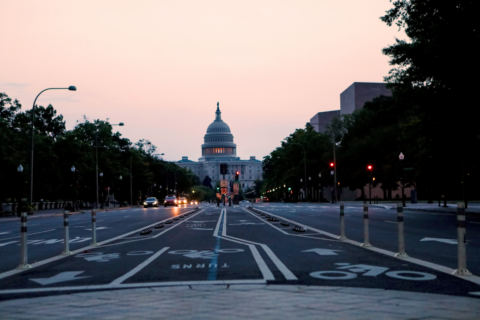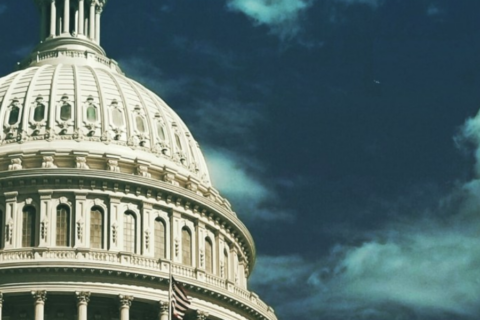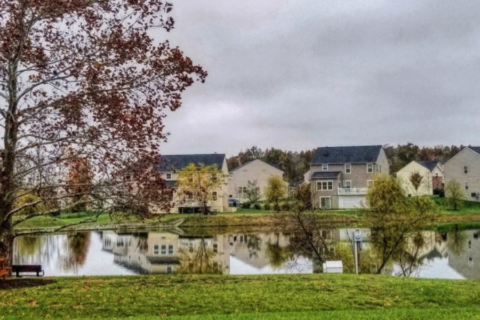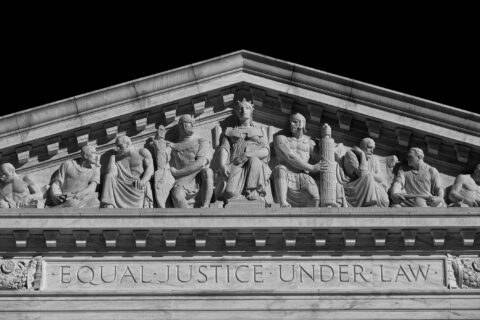This week, local leaders helped persuade Congress to keep the government open with strong bipartisan support for funding the government through the remainder of 2023. On Wednesday, November 15, Congress overcame the latest government shutdown threat by passing a complicated Continuing Resolution that will temporarily keep the government open.
This Continuing Resolution is different from past ones in that it separates funding into two buckets. Some departments will be funded through Jan. 19, while others will be funded through Feb. 2.
Federal government shutdowns occur when budget and appropriations disagreements between House, Senate, and White House leaders reach an impasse that cannot be resolved before the start of a new fiscal year. The Fiscal Year ends annually on September 30, and Congress has already passed a temporary stop-gap measure to avoid a government shutdown this past September by issuing legislation that kept the government open until November 17, 2023. With that November 17 deadline looming, if Congress couldn’t pass bipartisan legislation to either extend the deadline for completing work on the FY 2024 budget or to pass the 12 appropriations bills for the FY 2024 budget, it would have triggered a federal shutdown. A government shutdown would have adverse impacts on many of America’s 19,000 cities, towns and villages.
Besides funding the government in the short-term, the new Continuing Resolution extends authorization for priority programs that NLC has been advocating for. The deadline to reauthorize the Farm Bill, which is a Congressional “must-do”, was extended by a year, moving the new expiration date to September 30, 2024. Additionally, the Continuing Resolution provided short term extensions for the Federal Aviation Administration authorization and the National Flood Insurance Program. These programs will also need to considered again when the new short-term continuing resolution expires.
What Happens Next
Although the Senate has found bipartisan consensus on the way forward for FY24 appropriations, the House remains unable to bridge the gap between different wings of the Republican majority. Except for the continuing resolutions, which passed with bipartisan support, House Republican leaders have committed to a course of passing appropriations bills on a partisan basis. As a result, several appropriations bills including the House Transportation and Housing and Urban Development Appropriations bill have undergone consideration but withheld from final votes because of the difficulty of passing legislation with Republicans alone, given their extremely tight margin of control in the House.
This is the second temporary stop-gap funding measure Congress has passed since the expiration of the FY 2023 budget on September 30, 2023. While Congress has avoided two government shutdowns, the underlying policy conflicts and political uncertainty that drove Congress to the cusp of a government shutdown have not really been addressed.
Fractious issues remain, including ongoing opposition to overall spending levels that former Speaker of the House Kevin McCarthy and President Biden agreed to months ago, additional security funding for the defense of Ukraine, funding for border security and finalizing reauthorization for FAA and NFIP.
NLC is closely monitoring the federal budget process and sharing the updated state of play for cities on our Federal Budget Tracker webpage. Also included on this resource page is a dashboard that shows the funding levels of key federal programs that local governments can and do benefit from as the different appropriations bills work their way through Congress to the President’s desk.
Support a Bipartisan Approach
NLC sent a letter to Congressional leaders urging support for a bipartisan approach to fund the government for FY 2024 fully, highlighting the programs in the federal budget that are priorities for local governments. Local leaders are encouraged to reach out to their Congressional delegation to urge them to look for bipartisan solutions and reach an agreement on the 12 appropriations bills before the next spending deadlines in January and February.
